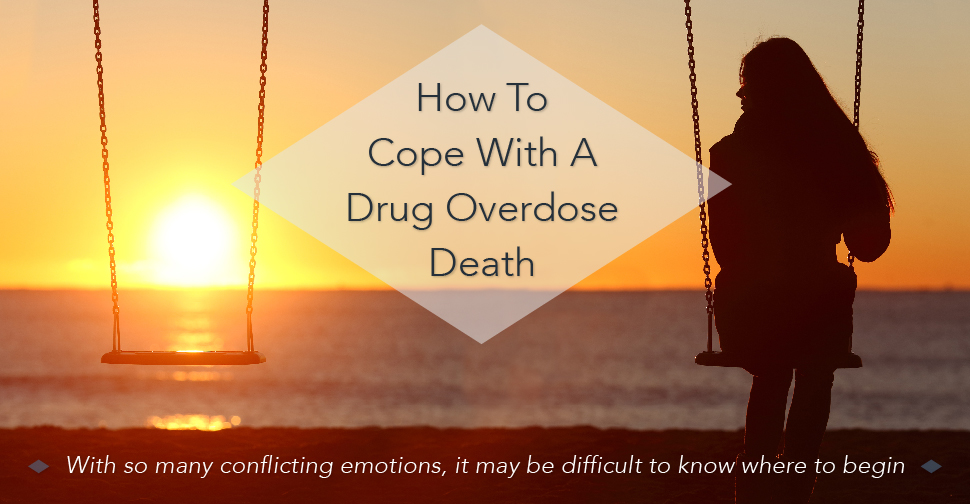
The increasing rate of drug use has led to many families prematurely mourning a loved one after an overdose death. This can cause overwhelming sadness as friends and families try to make sense of an untimely death. The truth is, addiction may have created a rift in these relationships, which can cause an even sharp sense of grief. Mourning is a very personal process and while there is no right or wrong way to mourn, there are positive ways to cope with a drug overdose death.
Let Yourself Grieve
The initial shock of an overdose death may cause a multitude of feelings. You may feel that you didn’t do enough to help. You may harbor anger towards the addiction or even the deceased. These feelings are completely understandable and grief takes on many forms. You just need to let your emotions happen.
And while sorting through these emotions, it is helpful to try to accept what has happened. Some ideas to keep in mind while coping with overdose death include:
- Keeping a journal
- Taking care of yourself with rest and good nutrition
- Looking through photographs or mementos
- Turning to a medical professional if you feel like hurting yourself or others
Shock, denial, and anger are often the first few stages of grief and there are many stages afterward. This process must be allowed to run its natural course and by allowing yourself to grieve, you are accepting your hurt in a constructive way.
Reaching Out
Guilt, resentment, and confusion are common feelings among people left behind in an overdose death. In an effort to cope with these feelings, you may seek companionship. Reaching out can be a positive step toward healing, and help you feel a bit of relief from your loss. Consider these options if you need to talk:
- Family and friends who offer support are invaluable in your time of need. They may have been there through the years, and understand your situation better than most. Surrounding yourself with people who care can help a great deal.
- Support groups are designed for families affected by overdose death. Many resources exist to connect families with others with similar experiences. Reaching out to others who have been there might make it easier to open up. A support group could offer new and effective methods of dealing with grief, and even give you a chance to help someone else.
- Professional therapists specialize in emotional aid. One-on-one therapy offers a confidential outlet for grief. A therapist will listen, and can provide guidance to aid in healing.
Reaching out may be therapeutic for some, and uncomfortable for others. It is up to you to choose the best course of action for coping with your loss.
Learn More
 Coping can be very difficult for someone who has lost a loved one to drug overdose. With so many conflicting emotions, it may seem difficult to know where to begin. Our caring staff is here to help you find resources available in your area, as well as answer any questions you may have. Contact us at DrugRehab.org today.
Coping can be very difficult for someone who has lost a loved one to drug overdose. With so many conflicting emotions, it may seem difficult to know where to begin. Our caring staff is here to help you find resources available in your area, as well as answer any questions you may have. Contact us at DrugRehab.org today.
